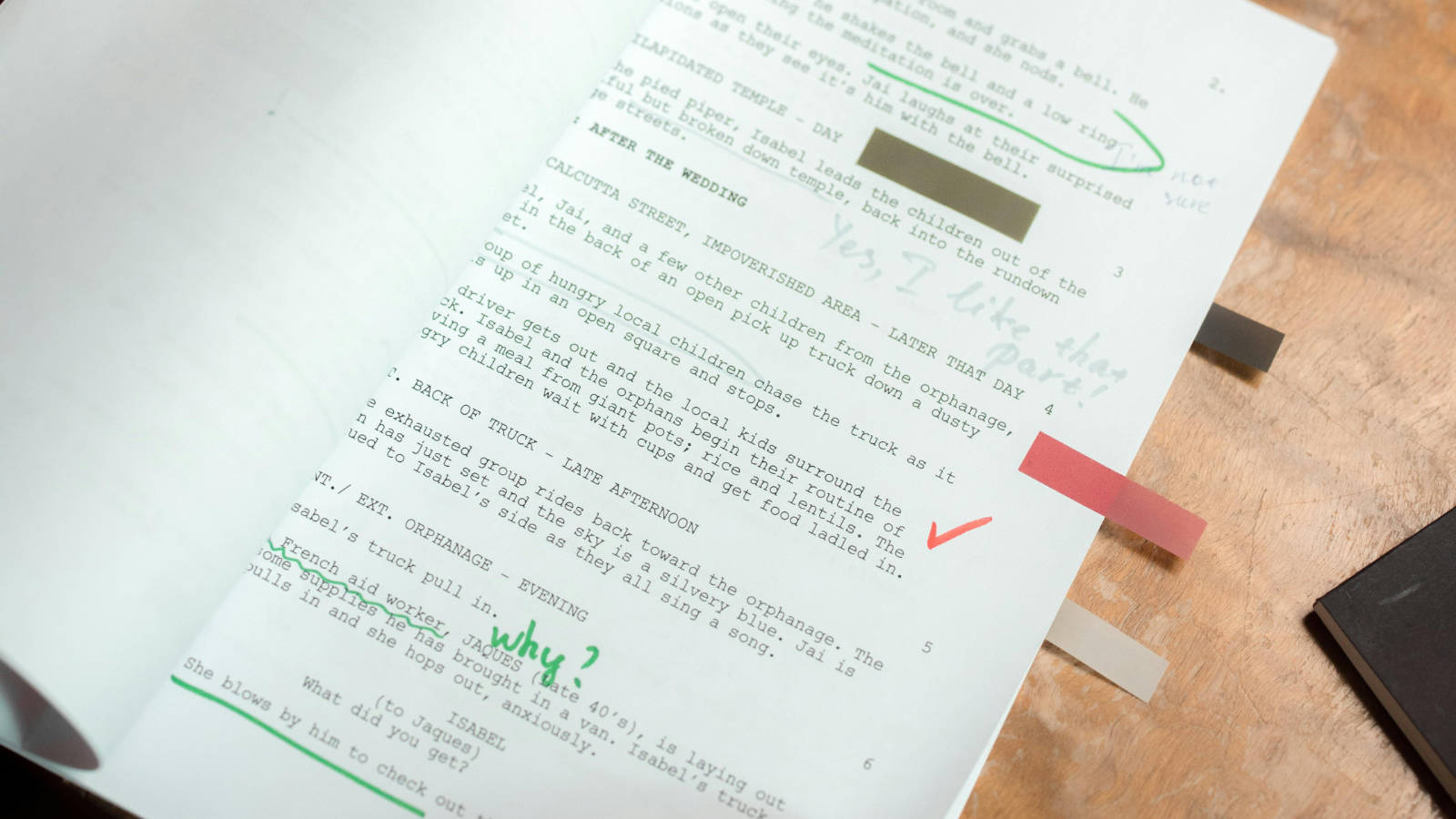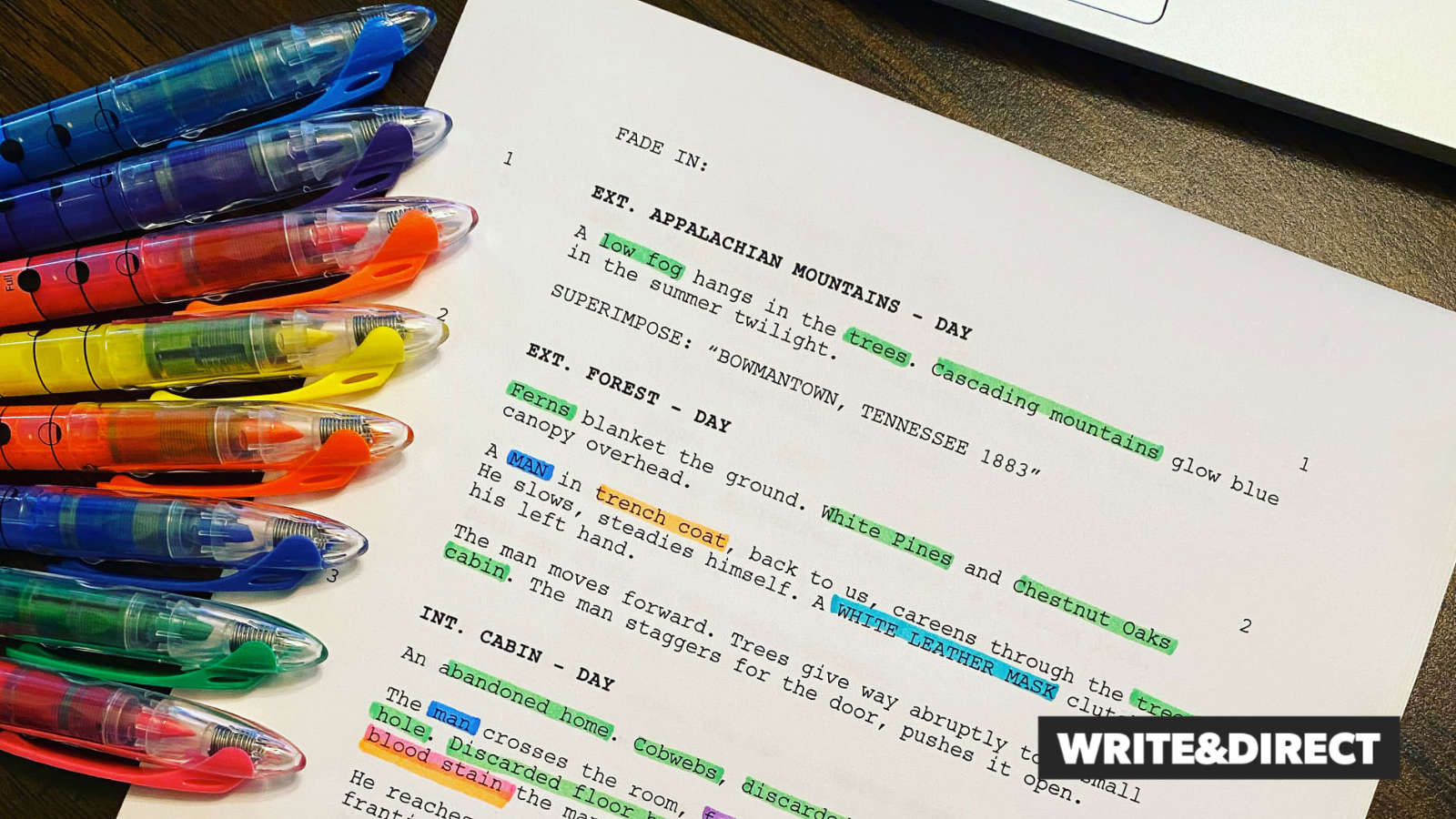Development on Studio Films
The development phase is the foundational and often longest stage, where raw ideas are transformed into a viable project ready for greenlighting by a studio. For studio films—large-scale productions backed by major companies like Warner Bros., Disney, or Universal—this phase emphasizes securing intellectual property (IP), building a creative package, and aligning with commercial goals to minimize financial risk. It can last from a few months to several years, involving a small team of producers, writers, and executives.
There are so many scenarios that take place. A producer hears a pitch they like and they bring a studio onboard to finance writing the script. The script goes through a lot of feedback and rewrites, and then when it’s good enough to invest more money in, the project is greenlit and they move on to pre-production. Again, just one of many examples. Another would be a studio buying a spec script. In 2024 there were a few spec script sales that brought hope to a lot of writers!
Should Directors Be Writers?
You might be an aspiring director thinking, “I don’t want to write, I just want to direct.” But directors MUST understand the fine details of story telling or they could break a working script. Ron Howard calls a director the “Keeper of the story.” A director serves, protects and delivers on a good script.
If you don’t understand story at a foundational level you will not find consistent success as a director. You must understand theme. The importance of act breaks. Empathy intentions. The crucial purpose of the midpoint. The role of the antagonist, plot, turning points…and the list goes on and on.
Basic Story Concepts
When you watch a film, you can usually sense immediately whether the filmmaker truly understands the craft of storytelling. As creatives, we often resist the idea of “rules,” preferring freedom and intuition. Yet storytelling—especially in film—has followed certain timeless conventions since humanity first began sharing tales. These principles are not shackles. They’re tools. They don’t restrict your imagination; they expand it. What follows are some of the foundational elements of cinematic storytelling:
The Idea
The first step in making any movie is coming up with an idea worth shooting. What makes an idea worth the monumental amount of time it takes to do a well done film? Is the idea unique? Do you have the budget? Who’s the audience? These are a few of the key factors when considering idea and premise.
The Hero
What defines any great hero is not their powers or victories—it’s their journey of transformation. A hero begins one way and ends another, reshaped by the trials they face. Whether your protagonist is Iron Man, Black Panther or a young girl wanting to win a dance competition, the heart of their story lies in this evolution. It’s the engine that drives your film, the element everything else revolves around.
Empathy Intentions
One of the first things we do in a movie is get the audience on board with our hero. And we do this before we introduce the hero’s flaw — that’s important. How do we ensure an audience is on board with someone they’ve never met before? I mean, we’re kind of all a little self occupied at times. So why should we care? You do this with empathy intentions.
Plot & Theme
Plot is what happens in your movie. It’s the surface level actions and events. It’s not the “who” or the “why” but the “what.” Theme is what your story is really about. Some call it the spiritual journey of a hero. We’ve talked about our hero’s flaw and how they have to change, right? This journey of change is theme and it’s often supported by the B story character(s).
Antagonist
If story is really about a hero who changes, as a filmmaker you must place your hero in situations where they’re forced to make tough choices. A key way to do this is with an exceptional antagonist. An antagonist provides entertainment. An antagonist serves the theme. Antagonists can be a person, thing or whatever fights against your hero’s goals. And there’s so much more to know!
Title & Logline
When you tell a friend you’re making a film and they ask, “What’s it about?” your answer should spark instant curiosity. Later, when you’re pitching to a studio or investor, your title and logline will determine whether they keep reading—or pass. But beyond selling others, these two elements serve a deeper purpose: they keep you aligned with your own story. A strong title and logline aren’t just marketing tools. They are the DNA of your film, guiding every creative choice you make.
Character Polarization
Consider the films you love. How many are made of characters radically different from each other? Think Han Solo and Luke in the original STAR WARS. Fox and Scully in THE X-FILES. Morpheus and Neo in THE MATRIX. Nathan Algren and Katsumoto in THE LAST SAMURAI. The list is endless. An audience feeds on conflict. It’s CRUCIAL. And it must be genuine. The best way to ignite natural conflict is with character polarization.
Setups & Payoffs
Setups and payoffs are the lifeblood of cinematic flow. They reward your audience for paying attention and bind your story into something complete. Think of the films that feel disjointed or episodic—they lack this connective tissue. A setup introduced early and paid off in the final act, or one delivered and resolved in quick succession, both serve the same purpose: to weave your narrative together. When done well, setups and payoffs transform scattered moments into a single, unified story.
There Is So Much More
The above story points are paramount, but we’re merely scratching the surface! If your goal is to be a film director who rises above in a world saturated with creatives chasing their dreams, you must understand story at a deep level.
The good news? The Write & Direct online film school will start you out right. We take a deep dive into story where you not only learn, but come up with your own idea and write your own screenplay! If you want to be a film director, this film school is designed for you. Start your journey and apply today.










